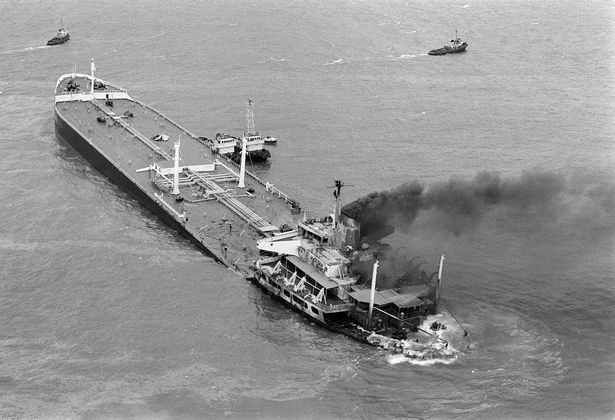
With flames that could be seen from the mainland at Portsdown Hill, and smoke that was visible for much further, the memory of the Pacific Glory disaster will live on in the minds of many Islanders - even fifty years later.
It was an Autumn evening on October 23rd, 1970 when the 43,000 ton oil tanker, Pacific Glory, was heading up the English Channel on it's journey to the Dutch port of Rotterdam.
In the vicinity of it, were two other ships, another tanker, and the 46,000 ton 'Allegro'.
Approximately 6 miles off St Catherines Point, the Allegro veered off course to avoid hitting the third vessel, but sadly with less than a mile to manoeuver - and despite the engines being put full astern - it veered directly into the Pacific Glory.
The resulting incident stretched for two days and cost 13 people their lives.
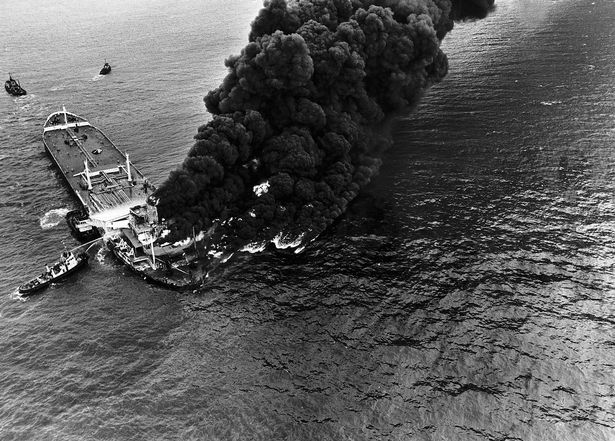
Photo: Mirrorpix
With the Pacific Glory's fuel tanks breached, the escaping fuel ignited, sending a plume of flame approximately 80-foot high in to the sky, and killing 5 crew almost instantly.
As more fuel leaked, and more tanks became ruptured, the entire ship was soon on fire - as was the surface of the sea when escaping oil leaked and caused a slick.
In their efforts to abandon ship, the remaining crew jumped into the sea, but the fire on the surface overwhelmed them, and eight of the remaining crew were lost.
In total, 29 survivors were pulled from the burning sea.
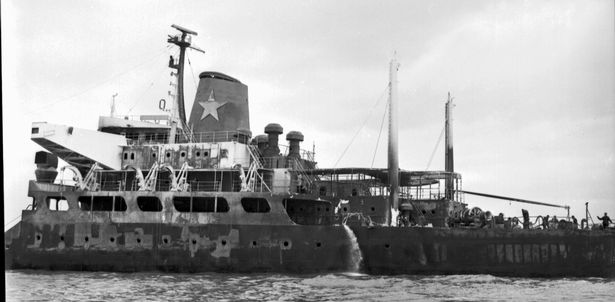
The firefighting efforts lasted for three days and were led by Portsmouth Fire Brigade, working out of Portsmouth Harbour, but even then the incident wasn't over.
Residents in seaside towns across the South Coast, including the Island, were fearful of the remains of the vessel breaking up, sending its 70,000 ton payload of crude oil washing to shore.
Over 8,000 gallons of detergent were used to disperse the slick on the nearby sea.
Luckily, the vessel maintained its hull and was refloated some two weeks later on November 6, being towed to Lyme Bay where its cargo was pumped off and made safe.
Later towed onwards to Europort in Rotterdam, a total of 453,120 barrels of crude oil were eventually pumped out of the ships tanks, with a mass disaster narrowly missed.
A BBC report at the time said:
"The luckiest escape that the Island's shores have ever had from a shipwreck was that of the 43,000 ton Liberian super-tanker Pacific Glory, which carried a crew of 42 and 70,000 gallons of African crude oil.
"500 men gathered on the bay armed with 8,000 gallons of detergent, with the coastguard and RSPCA patrolling the beaches. Oil slicks began pouring from the Pacific Glory, but fortunately ships spraying detergent near the wreck prevented them from conglomerating and threatening the shore.
"The firemen onboard fought with the blaze all through Saturday and Sunday, and by Sunday afternoon it seemed the danger had passed."
Interestingly, the Pacific Glory was not the only casualty of the incident, with a tug sent to aid in the incident also suffering a fate of its own when it was blown by a force 8 gale into the base of Culver Cliff.
The Pacific Glory was branded 'The Ship That Would Not Die' in the Monday headlines and remained the talk of the Isle of Wight for some time.
Do you remember this moment in history? We'd love to hear your account!


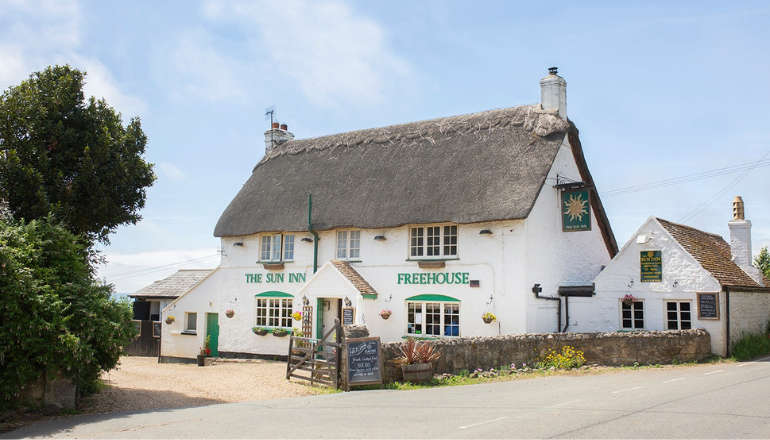 West Wight Pub Can Now Be Listed As 'Asset Of Community Value'
West Wight Pub Can Now Be Listed As 'Asset Of Community Value'
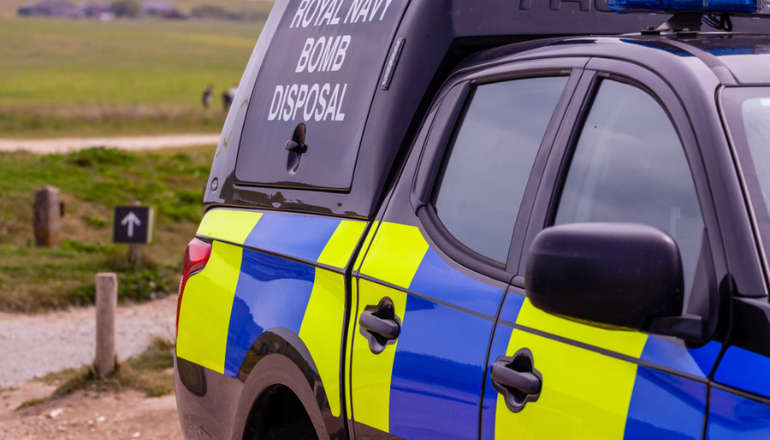 Royal Navy 'Bomb Squad' Called To Seaview Following Ordnance Alert
Royal Navy 'Bomb Squad' Called To Seaview Following Ordnance Alert
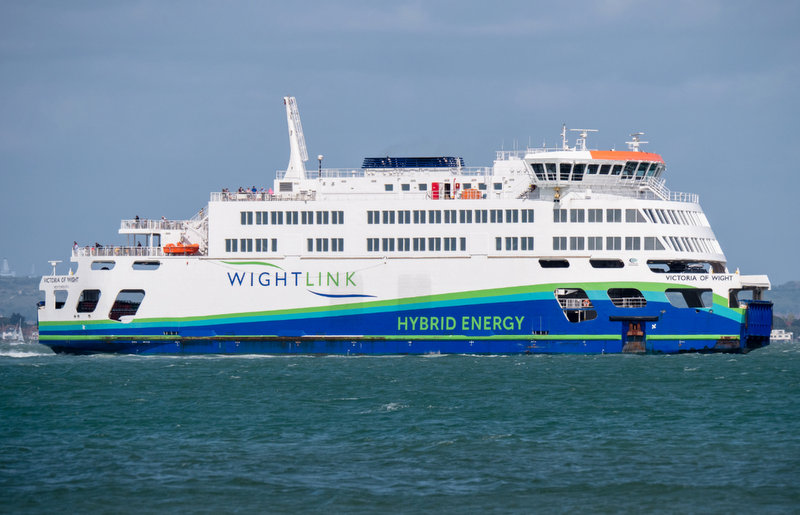 Automated Gates Arrive On Wightlink’s FastCat Foot Passenger Route
Automated Gates Arrive On Wightlink’s FastCat Foot Passenger Route
 Help Keep Isle Of Wight Streets Neat – Bring Your Bin In
Help Keep Isle Of Wight Streets Neat – Bring Your Bin In
 Two Passengers Injured Following Bus Crash In Ryde
Two Passengers Injured Following Bus Crash In Ryde
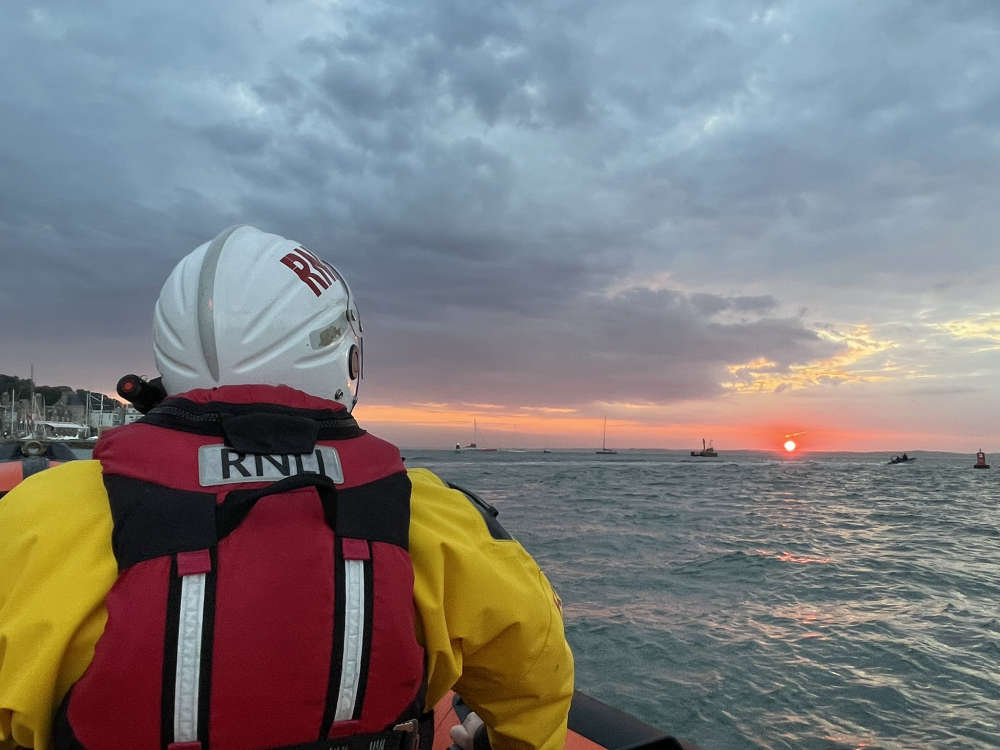 Late Night Reports Of Collision Spark Extensive Land, Sea And Air Search
Late Night Reports Of Collision Spark Extensive Land, Sea And Air Search
 Islanders Taking On London Marathon Today For Local Charities
Islanders Taking On London Marathon Today For Local Charities
 Four Men Arrested Following Rogue Trader Activities In East Cowes
Four Men Arrested Following Rogue Trader Activities In East Cowes
 Rugby Players Set To Scale Great Heights For Teddy
Rugby Players Set To Scale Great Heights For Teddy
 Drug Driving, Domestic Abuse And Stalking Among Arrests Made As Police Target Isle Of Wight Criminals
Drug Driving, Domestic Abuse And Stalking Among Arrests Made As Police Target Isle Of Wight Criminals
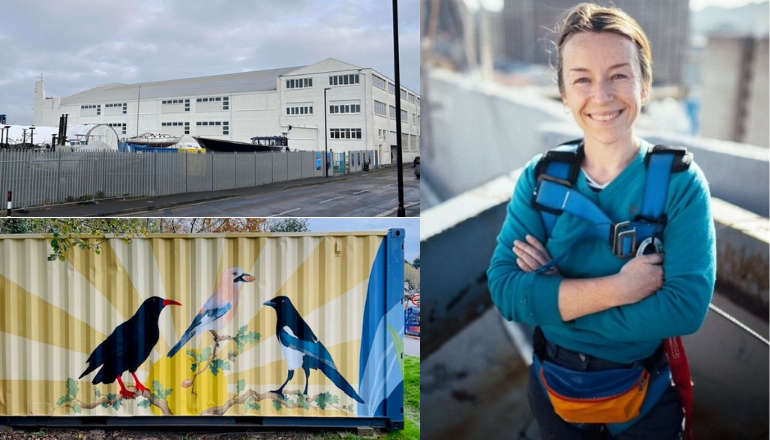 Work Begins On ‘Monumental’ Mural Project At Historic Columbine Building
Work Begins On ‘Monumental’ Mural Project At Historic Columbine Building
 More Acts Added To Isle Of Wight Festival Line-Up
More Acts Added To Isle Of Wight Festival Line-Up
 St Mary’s Vaccination Hub Gets Ready For Spring Covid-19 Vaccinations
St Mary’s Vaccination Hub Gets Ready For Spring Covid-19 Vaccinations
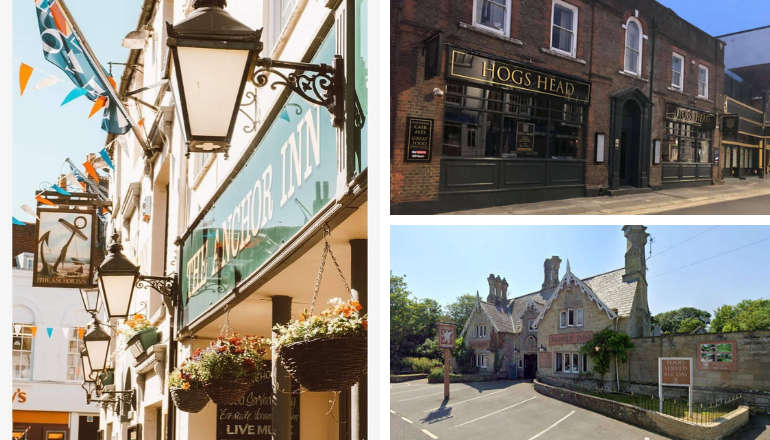 Twenty Isle Of Wight Pubs Under Threat As Stonegate Issues Profit Warning
Twenty Isle Of Wight Pubs Under Threat As Stonegate Issues Profit Warning
 Fundraiser Launched As Kezi's Kindness Founder Diagnosed With Incurable Cancer
Fundraiser Launched As Kezi's Kindness Founder Diagnosed With Incurable Cancer
 Bon Voyage — White-Tailed Eagle Soars To France
Bon Voyage — White-Tailed Eagle Soars To France
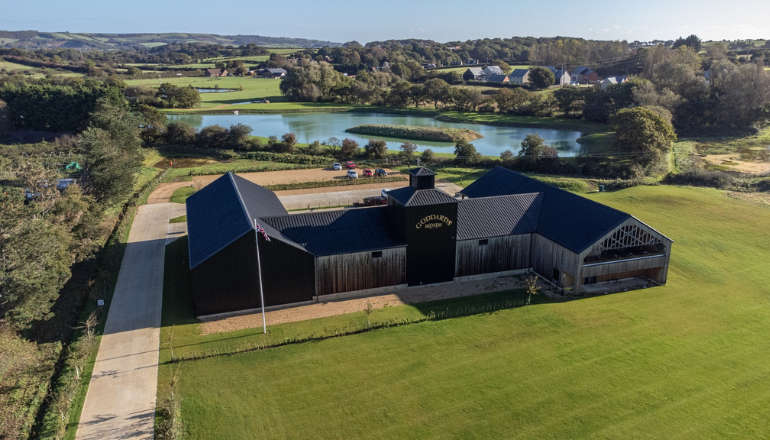 Goddards Brewery Scoops Four Top Industry Awards At International Competition
Goddards Brewery Scoops Four Top Industry Awards At International Competition
 Briddlesford Road Crash Results In Two Injured
Briddlesford Road Crash Results In Two Injured
 Isle Of Wight MP Extolls Virtues Of Joint Emergency Service Officers For Isle Of Wight
Isle Of Wight MP Extolls Virtues Of Joint Emergency Service Officers For Isle Of Wight
 Island Labour Announces Parliamentary Candidates As Quigley Vows To 'Take Fight' To Bob Seely
Island Labour Announces Parliamentary Candidates As Quigley Vows To 'Take Fight' To Bob Seely


